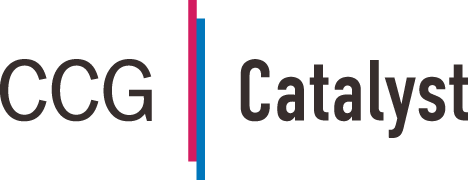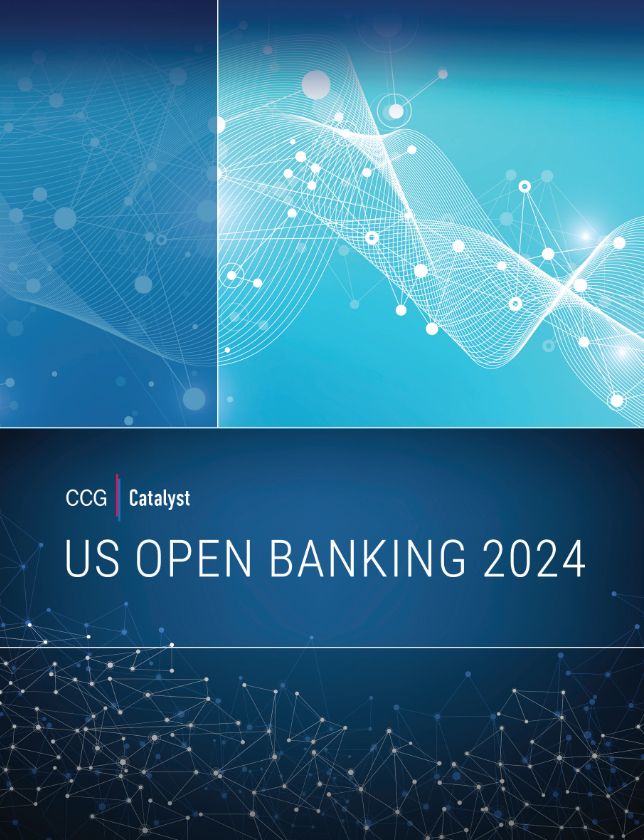Challenger Banks Face Moment of Truth
May 17, 2021
By: Paul Schaus
Challenger banks have high ambitions to disrupt traditional banking with a digital-first approach, but the pandemic has hit them hard at the heart of their business model. Challenger banks aim to offer traditional banking services by obtaining a banking license. (This separates them from their close digital cousins neo-banks, which are typically more focused on a single product.) For now, challenger banks’ primary revenue stream is interchange fees collected every time customers swipe their debit cards. That revenue has been hobbled by declining consumer spending. By one estimate, debit transaction volumes fell by more than 25 percent after the pandemic’s onset. Though they’ve recovered some, consumers are saving more amidst the current economic uncertainty. Until consumer spending returns to pre-pandemic levels, challenger banks will need to replace depressed interchange fee revenue.
Challenger banks also face broader long-term obstacles. Several experienced exponential customer growth in recent years — Revolut, the largest European challenger bank, is estimated to boast 10 million users only five years after launch. However, gaining new customers will likely get more costly. Venture capital firm Andreessen Horowitz outlined several reasons that customer acquisition costs are rising for neo-banks — and these factors that will likely affect both neo-banks and challengers equally:
- Traditional banks getting better at digital marketing and customer acquisition
- Low interest rates making it tougher to lure customers with high-yield savings accounts
- The pool of customers that neo-banks could easily acquire is likely shrinking, and further growth will increasingly require attracting customers with stronger relationships with traditional banks
Challenger banks may think gaining a banking license and the ability to take deposits and issue loans like a traditional bank will help mitigate these challenges. However, Andreessen Horowitz noted that it may be more difficult to profitably issue loans to challengers’ customers who tend to have less credit worthiness.
To gain a solid footing and continue to grow, challenger banks should consider what more they can offer to their customers beyond more traditional competitors. Revolut, which is reportedly seeking a banking license in California to support its US ambitions, is already exploring this path. After raising $500 million in Series D funding right before the onset of the pandemic, Revolut CEO and Founder Nikolay Storonsky said it is now looking at potentially acquiring a travel aggregation site, many of which are struggling with travel curtailed worldwide by the pandemic. This would complement Revolut’s travel debit card that offers benefits like free international transactions, travel insurance coverage, and unlimited foreign exchange at the “real exchange rate.” Storonsky noted that purchasing a travel aggregator could allow Revolut to sell flight tickets at lower cost, potentially an enticing benefit to add to Revolut’s premium monthly subscription tier. Such premium subscriptions are growing more common among challenger banks and their monthly subscription fees could provide critical recurring revenue to stabilize their businesses from fluctuations in debit interchange revenue.
Revolut certainly isn’t the first banking provider to offer travel perks, but being digital-first means it can be more technology-driven and agile in its approach. For instance, the fintech previously launched pay-per-day travel insurance that kicks in when users’ smartphone geo-location shows they’re overseas. Continuing to offer such innovative benefits, along with access to cheaper travel tickets, is a distinctive offer for Revolut’s core millennial customers that few traditional banks could match.
To understand what propositions would be most persuasive to their customers, Challenger banks can leverage the community engagement they’ve fostered among their customer bases. Many have made community engagement with customers a cornerstone of their business and decision making. German challenger Fidor has leveraged customer input on decisions ranging from setting interest rates to naming card products. Revolut has taken such community engagement offline, holding live events for customers in different cities where leadership presents on the fintech’s future plans.
Challenger banks should listen to these customer communities they’ve built to inform their strategies and develop unique offerings that their traditional counterparts can’t match. Those may include non-financial products or services related to healthcare, media and entertainment, or e-commerce and retail. Challenger banks that fail to craft innovative offerings to entice customers that may already have relationships with traditional banks will likely fail to surmount the many short- and long-term obstacles they face.
Paul Schaus is the President, CEO and Founder of CCG Catalyst. Contact him at PaulSchaus@ccg-catalyst.com or 1-480-744-2240. Follow CCG Catalyst on LinkedIn and Twitter.
Subscribe to CCG Insights.






